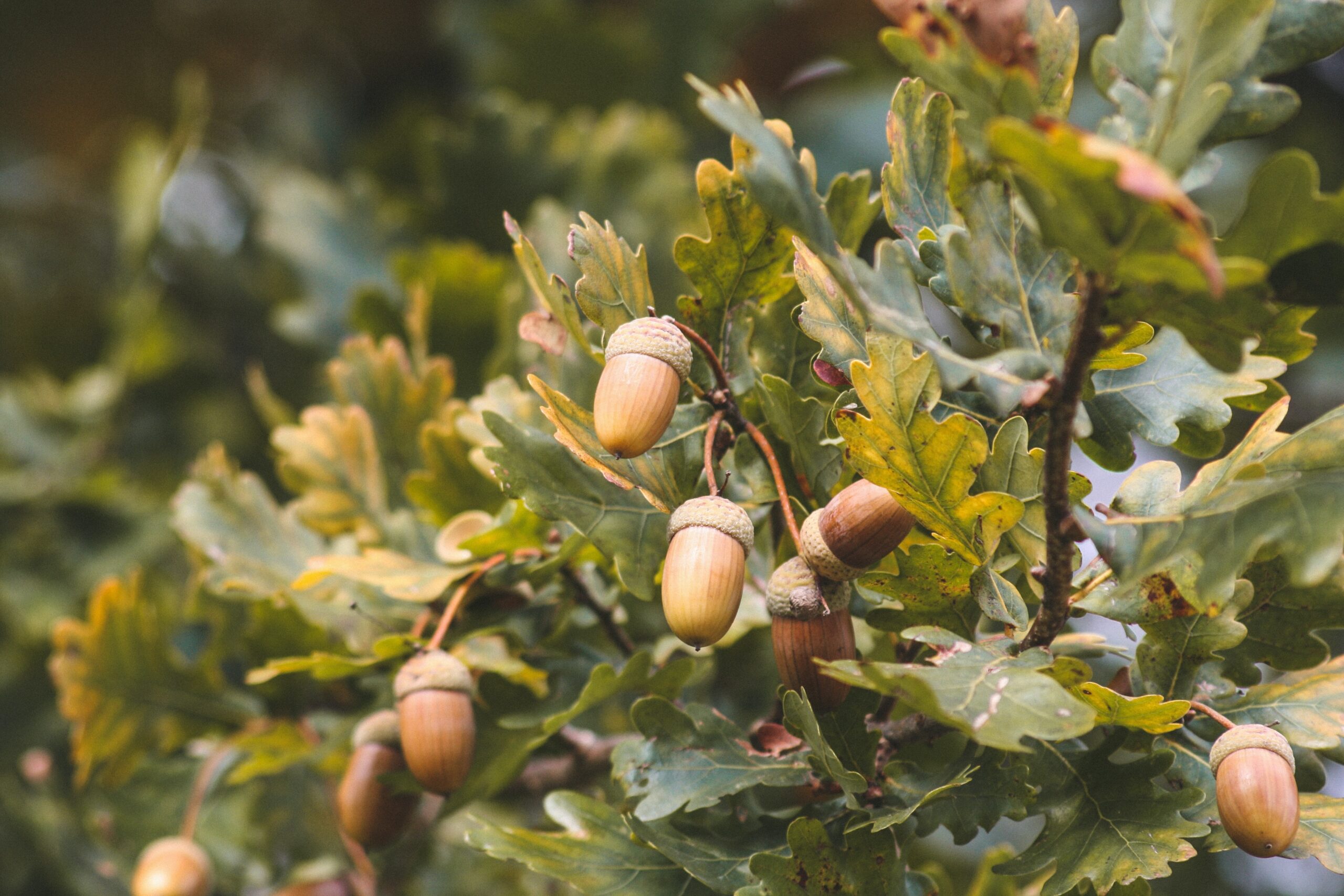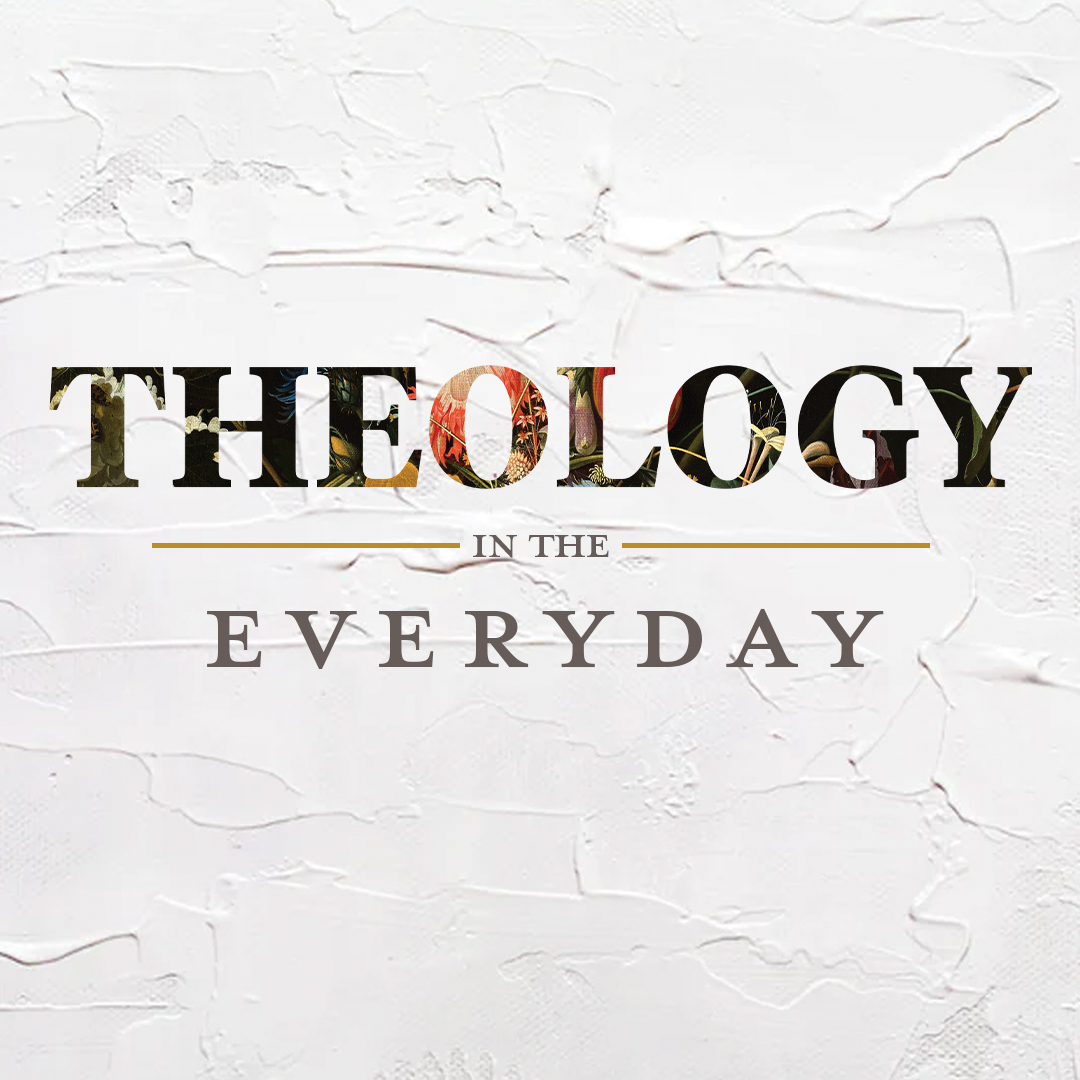

Editor’s Note: The Theology in the Everyday series seeks to introduce and explain theological concepts in 500 words or less, with a 200-word section helping explain the doctrine to kids. At For The Church, we believe that theology should not be designated to the academy alone but lived out by faith in everyday life. We hope this series will present theology in such a way as to make it enjoyable, connecting theological ideas to everyday experience and encouraging believers to study theology for the glory of God and the good of the Church. This week, pure act.
We are creatures torn between being and becoming. In the grand symphony of creation, everything reflects the tension between what is, and what will be. From the tiniest microorganisms to the greatest galaxies swirling in the cosmos, each created entity carries its unique blueprint of potentiality and fulfillment.
The fact that the world around us is full of potential is so common to our everyday experience that we hardly stop to notice. We don’t often pause to look at an oak tree in the park long enough to marvel at the acorns strewn about beneath. But there in those tiny acorns lies the potential to grow, given the right conditions, into a giant oak tree. This is because it is the very nature of an acorn to become an oak. An acorn, we could then say is potentially an oak tree. Looking from the other direction, we could say that a mature oak is a fully actualized acorn. That is, when the true nature of the acorn is fulfilled or actualized, it becomes the tree that it was created to become.
We humans, as part of God’s intricate design, also embody this principle. We are born helpless infants, brimming with the potential for growth and learning as we mature into the adults we are meant to be. Our lives are exercises in becoming, the pursuit of actualizing our dormant abilities and fulfilling our purposes to create and cultivate God’s creation.
All created things reflect this distinction between what they are, and what they can become. We live in a world where being and becoming are built into the very fabric of reality.
Yet, amidst this constant flux and change that characterizes the created world, God stands as the unchanging being. God’s essence is perfect, simple, and pure. He is the eternal “I AM” that knows no shadow or variation due to change. This divine unchangeability (immutability) reminds us of the profound difference between the Creator and His creation.
The world around us pulsates with potential, a testament to the exquisite design of creation, while God remains the epitome of pure being, untouched by the winds of change, and ever radiant in the fullness of His perfect existence. God, being the Creator of all things, is not like us. As pure existence, the One who has life in Himself, He has no need of becoming. To imply that He has need of becoming would be to confuse the Creator with His creation.
We could then say that God is purely actual, only ever and always existing and acting out of the fullness of His perfect, infinite life, never out of lack or need. In short, God has no potential to become anything other than what He already is, because He Himself is the fullness of life.
For the Kids:
As kids, you hope to grow up and be big someday. It’s why you play “grown ups” with your friends and pretend that you are doctors, firefighters, professional athletes, or moms and dads. Growing up is part of what it means to be a kid. It’s why you play and learn new things and why, when the time comes, you will learn to do less fun grown up things like work and chores. But that is a good thing! It means that you are becoming who God created you to be.
God, however, is not growing up and changing like you are. He is, and has always been, perfectly God, so He has no need to grow up or change. This is good news for you because it means that God does not lack anything! Since He lacks nothing, everything God does, He does it out of His abundant love, never out of need. In fact, God is so perfect and complete in himself that he chose to share everything He has with you, in Jesus. This is the good news of the gospel.
So as you grow up in a world full of change, always remember that God cannot be any more because He already is.[1]
[1] Thanks to Thomas Hext for this aphorism about what it means for us to confess that God is pure act.

